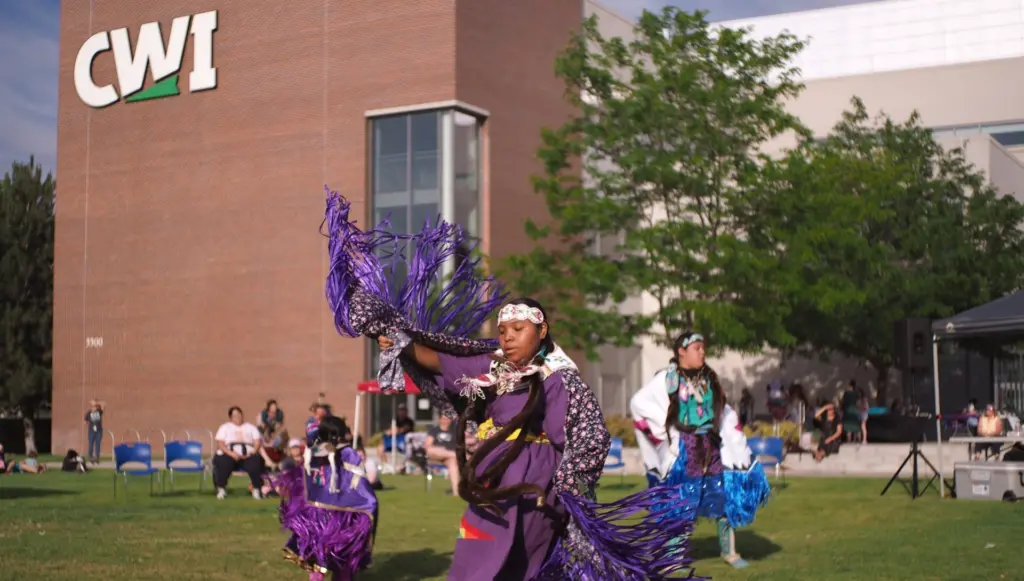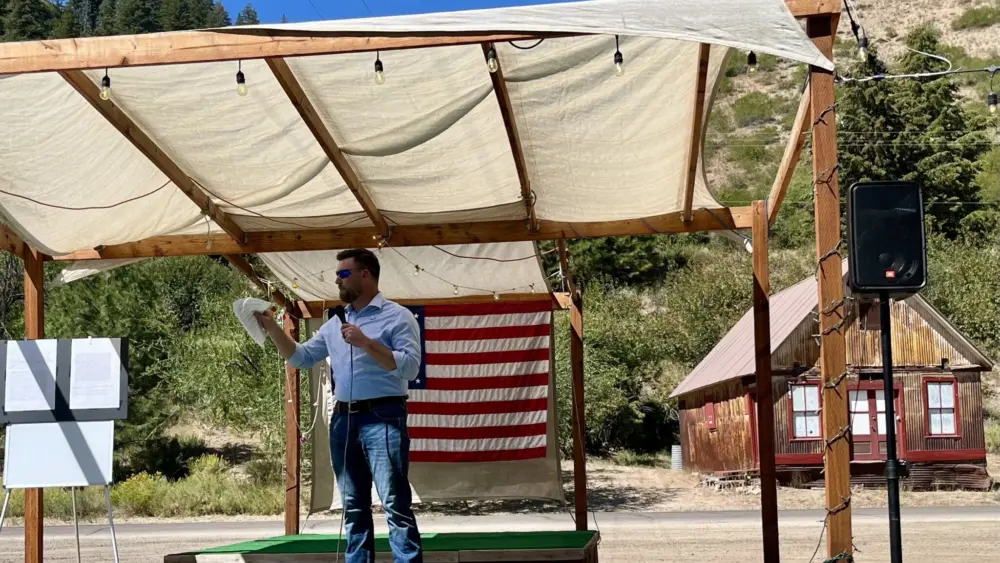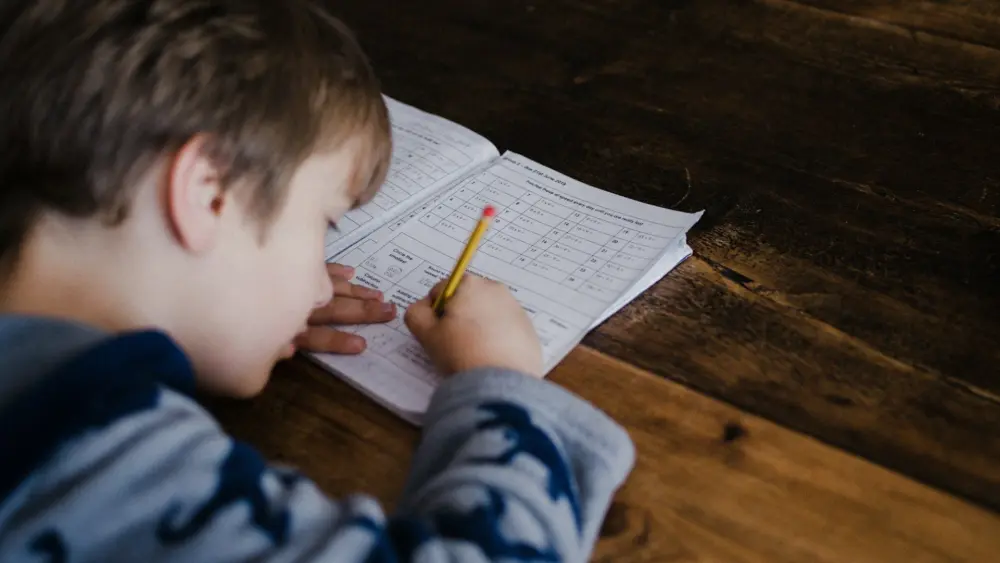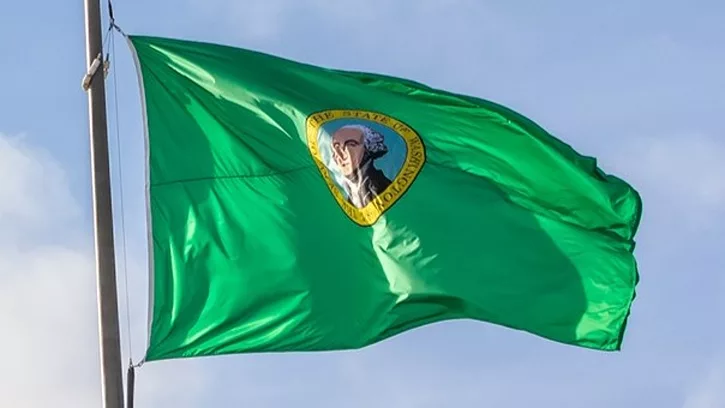Originally posted on IdahoEdNews.org on June 16, 2025
NAMPA, ID – Establishing a Nez Perce language immersion school, emphasizing higher education and preventing substance abuse were among the key initiatives tribal educators and leaders discussed during the opening panel of the Idaho Indian Education Summit.
Nez Perce Tribe Education Manager Joyce McFarland was the most outspoken panelist, highlighting the outdoor activities Nez Perce youth do through Project Venture, a New-Mexico based nonprofit that uses outdoor activities to support indigenous youth in multiple states and countries.
When asked their visions for the future, panelists largely reiterated their focuses on the initiatives to combat addiction and improve higher education opportunities. Pete Putra, the Shoshone-Paiute Tribe’s Human Services Administrator, hopes to continue promoting sobriety.
McFarland took the spotlight with her vision for a multigenerational Nez Perce language immersion school, for which she is in the grant application process. McFarland wishes to use private or charter status to allow the school to function as independently as possible from the state, citing a conversation she had with Nez Perce storyteller Josiah Pinkham, who said that “no nation can be truly sovereign unless they control the education of their children.”
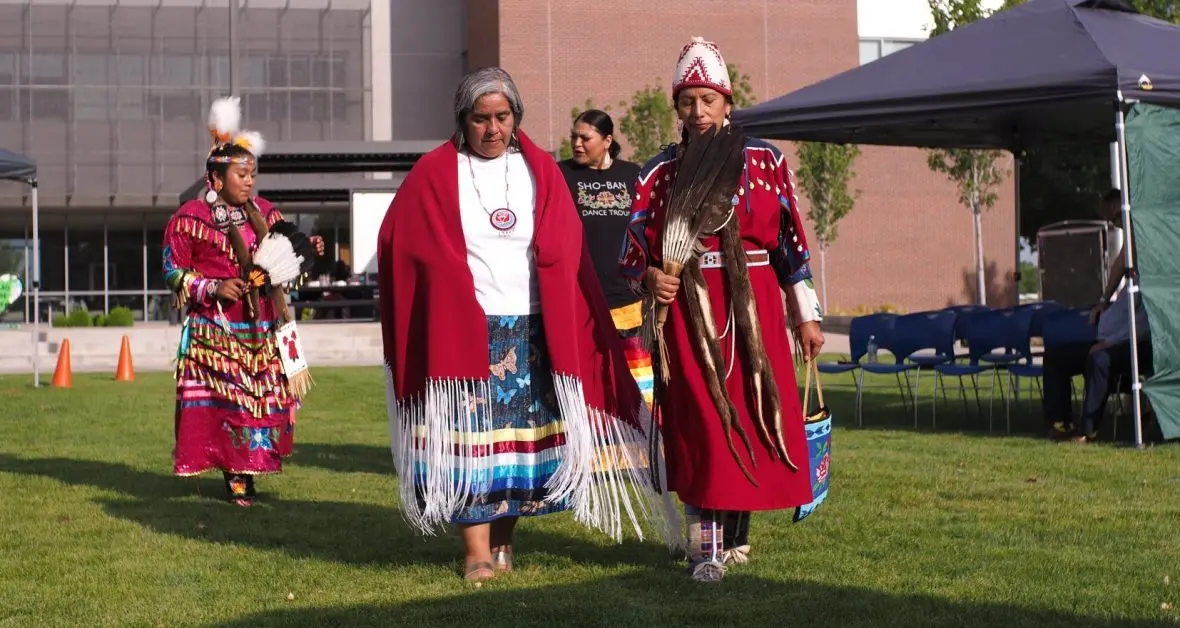
McFarland said a multigenerational, language immersion model is the best way to educate children and adults in the tribe as, for thousands of years, children and adults and elders learned alongside one another. She said standardized tests may also create a roadblock for educating students in the language immersion model after second grade.
“We want to be authentic tribal, but we’ve still got to be accountable to these systems. Are the standardized tests going to really show what they’re learning?”
If she can acquire funding, McFarland said, she wants to open a language immersion school in 2027, starting with kindergarten students, and adding on a new grade each year.
Critchfield’s call for consultations
During her portion of the welcome address, state superintendent Debbie Critchfield urged districts and charters to perform federally mandated tribal consultations, saying “they haven’t been happening at the frequency we would like them to be.”
Tribal consultations are federally required meetings between districts and charters and the tribes they serve. On the U.S. Department of Education’s website, there is a toolkit intended to “guide effective, inclusive, and culturally responsive consultation that respects tribal sovereignty,” The website is unavailable due to a lack of federal funding.
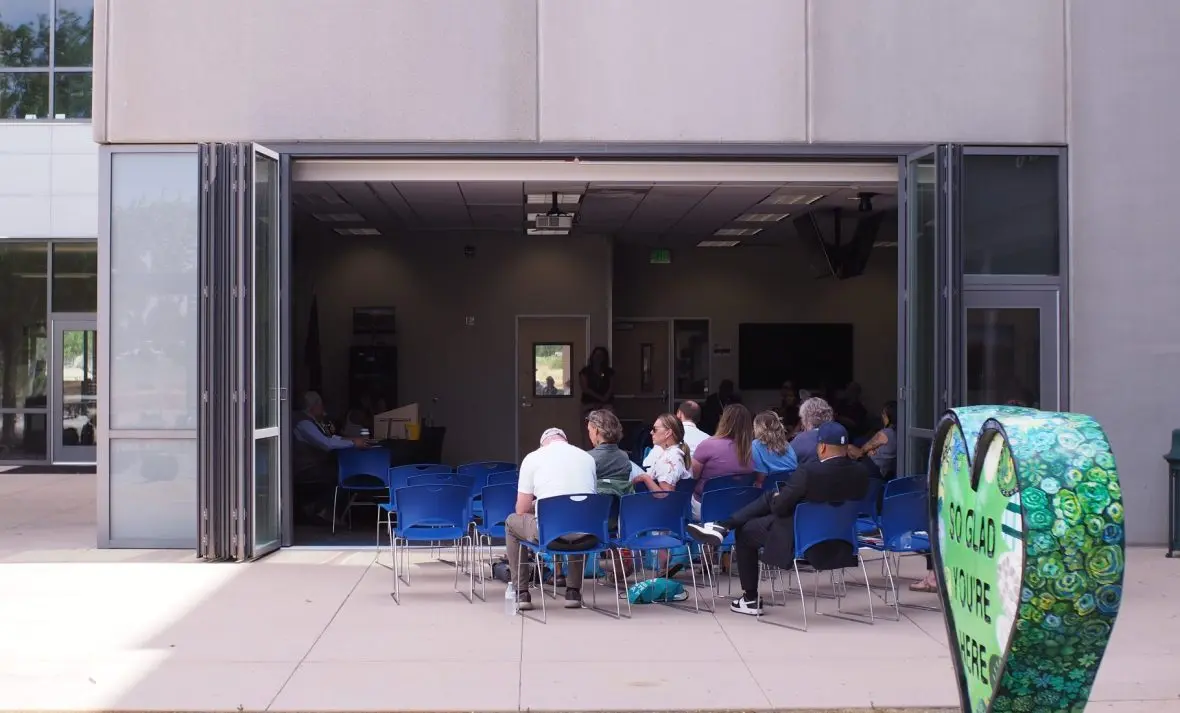
Educators from around the state convened to attend workshops throughout June 12-13 at the College of Western Idaho’s main campus in Nampa. This year’s summit marks a return after the summit was canceled in 2024, when Indian Education Director Johanna Jones left the Idaho Department of Education.
After a day of breakout sessions, attendees convened Thursday evening for a “mini-powwow” as Brian Frejo, the summit’s master of ceremonies, called it. Native dancers from across Idaho gathered and danced to the Ghost Canyon singers’ song and drums.

